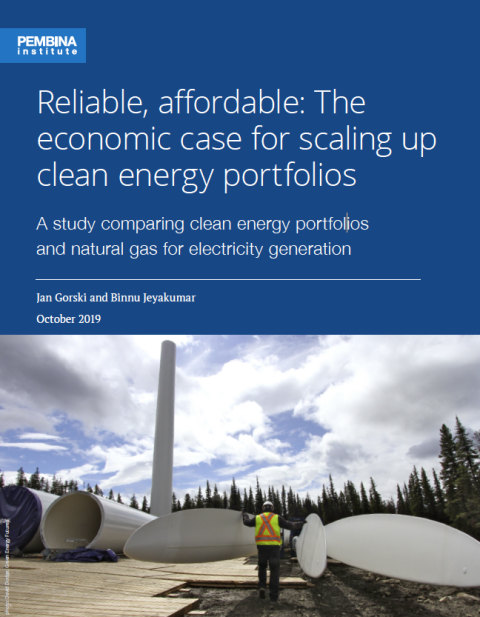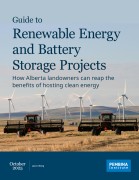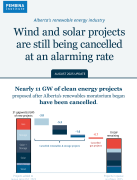Worldwide, the electricity sector is going through a profound shift as clean energy technologies become cheaper than conventional sources of energy, higher emissions plants retire, other assets reach end of life, and citizens demand less carbon-intensive sources of energy. As grid operators, policy makers and utilities consider how they respond to these trends, the key question facing them is: Can clean energy solutions deliver a reliable supply of electricity in an affordable manner?
Canada is facing this very question as it looks to complete a nationwide phase-out of coal-fired power by the end of December 2029, with Alberta, Saskatchewan, New Brunswick and Nova Scotia all retiring their conventional coal plants. For the most part, natural gas is considered to be the default replacement.
In this study, we test the economic case for clean energy sources to meet this new demand, focussing on Alberta where uptake could be more challenging than anywhere else in Canada given the low cost of natural gas, yet opportune given the province’s abundant renewable energy resources. Our findings reveal that natural gas struggles to compete against clean energy portfolios. While gas plants may continue to play a role in Alberta’s electricity grid, non-emitting clean energy portfolios will reduce consumer costs, as well as climate and health impacts.












